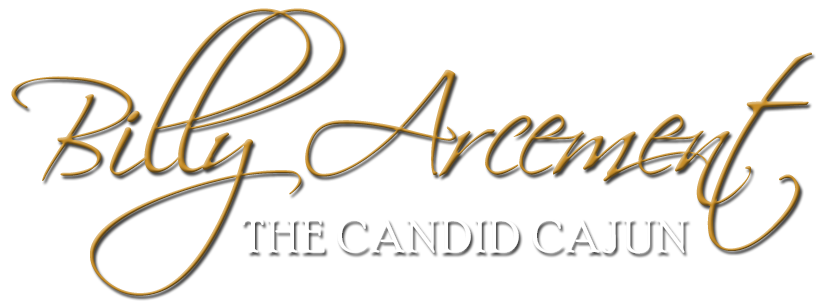Knowing how to work with and relate to people is an imperative. Relationship building is critical for anyone wishing to rise to any position of leadership. The guidelines for achievement are many. Here are five ideas you can start using today:
- Avoid becoming an antagonist. Antagonism doesn’t build friends. It is acceptable to disagree on an issue. But reaching the level of adversary builds resistance to you and your ideas. Learn to disagree in a professional manner. You can have strong support for your belief without antagonizing. (A little patience goes a long way here). It may be surprising to you that the strategy works more often than not. And, in the long term, it enhances your ability to influence.
- Always thank anyone who helps, even in the slightest way. Even small events deserve a sincere round of thanks. People appreciate appreciation and “thank you” does exactly that. This is especially important for the people that work under your leadership. Never miss an opportunity to express a sincere thanks for a job well done. Go the extra mile and send a hand written note expressing your appreciation. Doing so separates you from others who are not as considerate and appreciative for the help of others. Stand Out! Write!
- Treat everyone you meet well. What I’m saying here is have a genuine respect for those you meet. Starting from that position moves the relationship in a positive direction. Business owners (leaders) meet to greet customers in this manner. Doing so is the first step to creating an atmosphere for long-term customer relations. Showing respect builds trust of the leader. Couple that with a genuine desire to serve and you make leadership a successful practice.
- Build your speaking skills and you will build your people skills. Words are powerful tools. Become masters of conversation and you enhance your ability to lead. Delivering messages with great clarity and understanding builds followers, a necessary component of leadership. Delivering words with passion and believability can influence, another important quality of a leader. But let’s not forget a critical element of communication, listening. Learn how to speak well and give equal importance to learning how to listen well.
- Conflict is more likely to get resolved with calmness than with any other method. A manager once approached me in an agitated manner. I scheduled safety training for his department. I assumed, as the new safety manager, I scheduled training and people attended. My mistake was not checking with him to verify if my proposed schedule worked for his employees. Instead of arguing or disagreeing, I realized I had made a mistake and apologized. He stopped in his tracks. And, with a confused look on his face, lost his hostility and words. I told him I would work with him to reschedule this training. In the future, I would work with him when offering other training. This calm approach disarmed him, and he walked away without a word. Staying calm disarms those who choose conflict with you. Echoing their emotions is a catalyst for a fight. It’s difficult to argue with or fight when the highly charged emotional balloon is popped. Your calmness is a straight pin. Use it wisely to disarm a hot air balloon. Just be careful the “hot air” doesn’t burn you.
